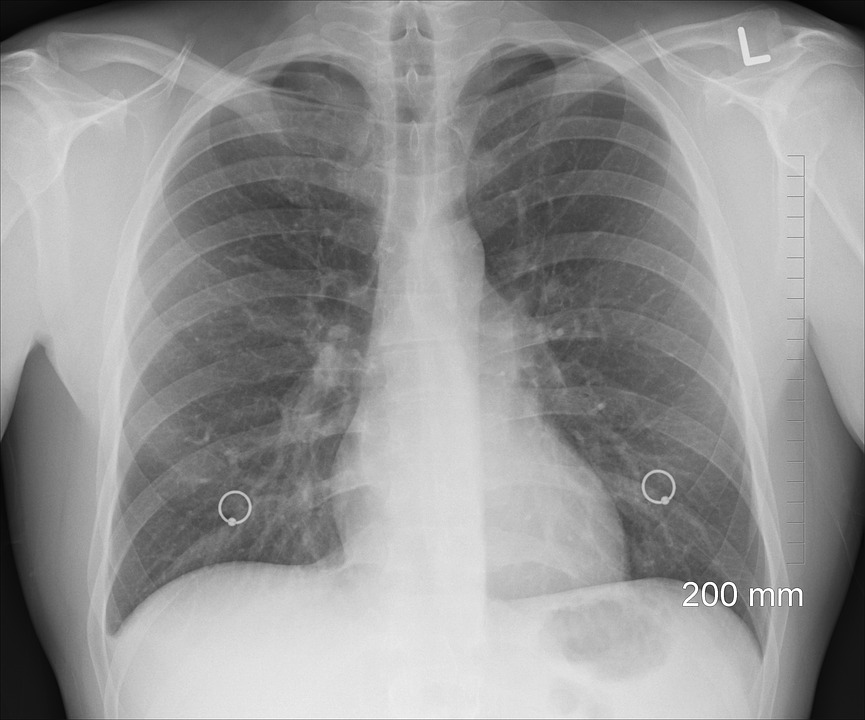MPs to study impact of life-shortening lung disease on construction workers
A Parliamentary inquiry has been launched into the devastating impact that silicosis has on construction workers and their families.

The All-Party Parliamentary Group (APPG) on Respiratory Health is working with not-for-profit organisation B&CE to understand why construction workers’ lives continue to be claimed by silicosis caused by silica (respirable crystalline silica) – the second biggest health risk to construction workers after asbestos.
Silica is commonly found in stone, bricks and concrete. Construction workers who cut or break these materials are exposed to this, which can cause chronic breathing difficulties, significantly impact quality of life, and leading to avoidable deaths each year.
The inquiry will see the APPG work with B&CE to call on expert clinicians, campaigners, industry bodies, academics and government to help ministers gain a greater understanding of the disease, to discover more about the financial burden it places on the NHS and the challenges it presents to productivity in the workplace.
Jim Shannon MP, chair of the APPG on Respiratory Health, said: “Silicosis is a particular danger for construction workers; causing many to suffer chronic and debilitating breathing difficulties, while claiming the lives of others.
“We are delighted to be working with B&CE, which is conducting pioneering work to help the APPG further understand the cause and effect of this terrible disease.
“We will be presenting our findings to the government later in the year along with recommendations, which we hope will help to prevent it in the first place and assist patients with the best treatment and management of the disease.”
Gregg McClymont, the director of policy at B&CE, said: “Silicosis is a serious issue for the construction industry – hugely impacting worker’s lives – but still largely goes undetected. It’s caused by inhalation of tiny particles, released by activities like cutting bricks as well as using cement and other building products which leads to the loss of lung capacity. But this is a preventable condition if the correct precautions are taken.
“We’re calling on experts to submit evidence over the summer which we’ll use as the basis for recommendations to the government.
“We encourage anyone interested in respiratory health to contribute to the inquiry.”
Calls for evidence are open from today and close on August 31 2019.























